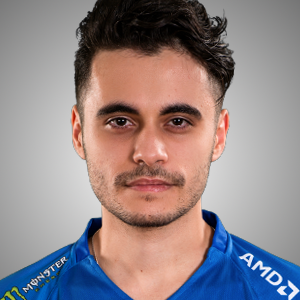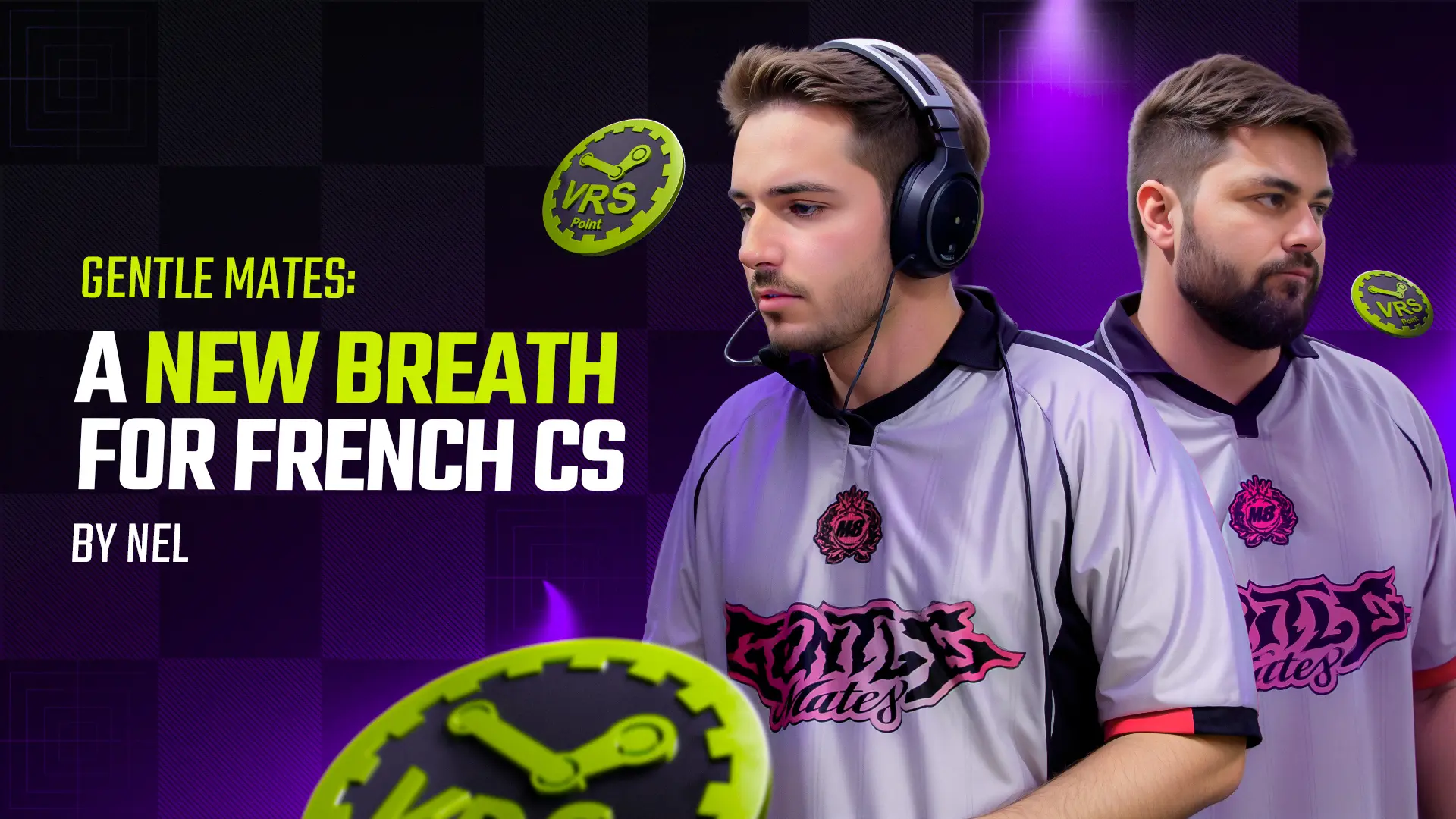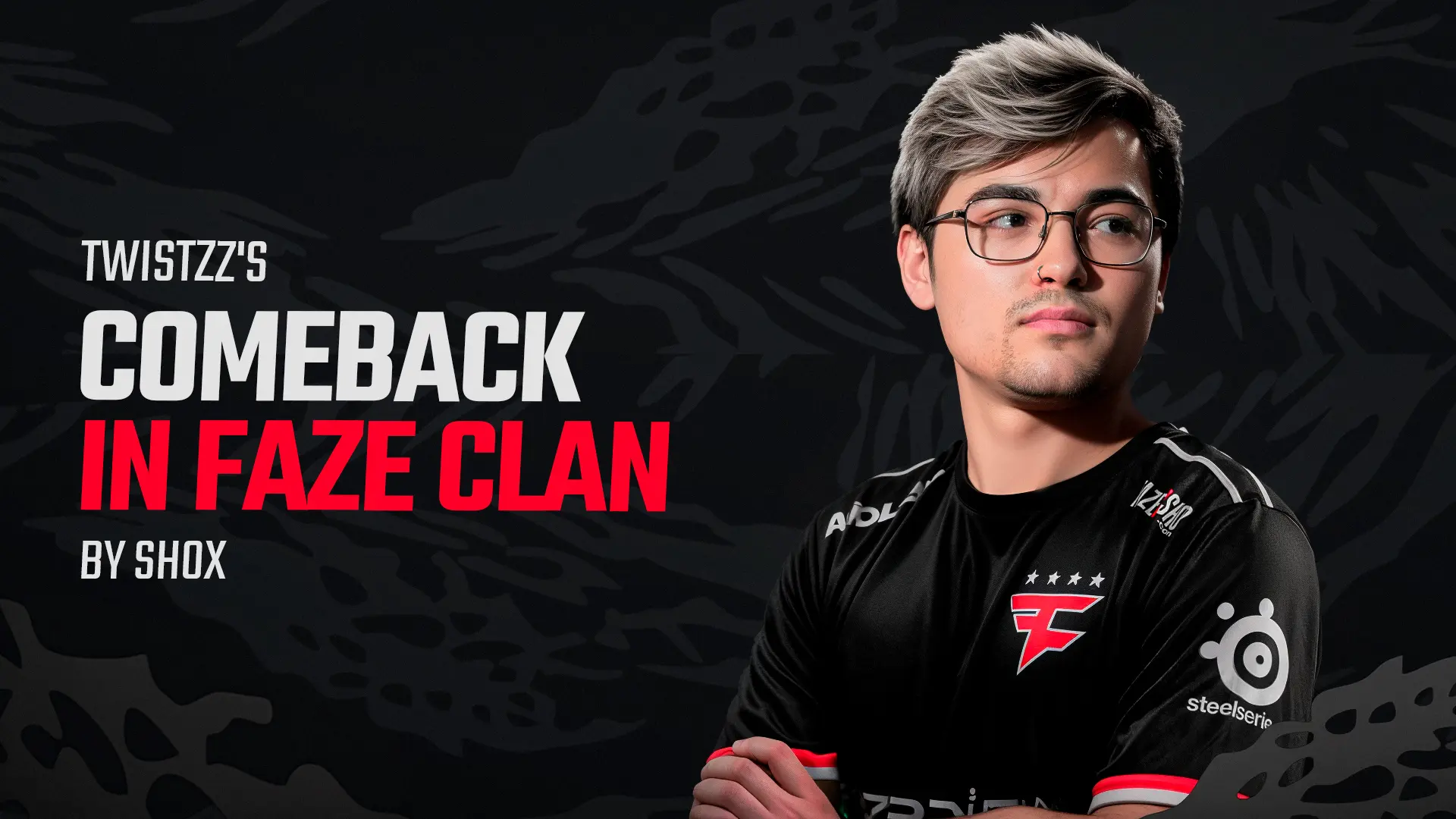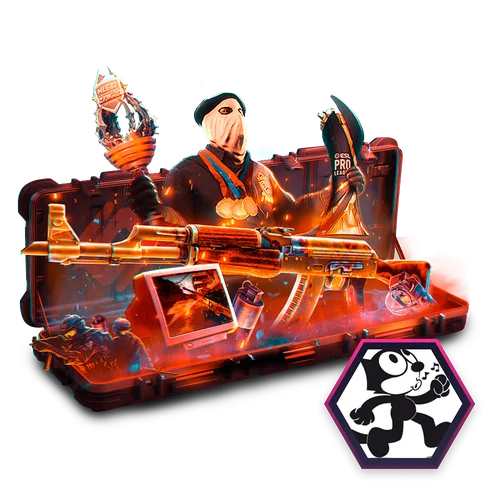When people talk about getting better at Counter-Strike, it usually comes down to two things: grind more hours and fix your aim. Crosshair placement and muscle memory matter, of course, but if that were the whole story, everyone who farms deathmatch would be topping the scoreboard.
The real difference comes from how you prepare your body and your mind to perform consistently, especially during long gaming sessions. Playing well isn’t just about mechanical skill. It’s about maintaining focus, energy, and comfort over hours of matches. Simple routines can help you play longer, stay sharp, and avoid unnecessary fatigue, so your improvement is sustainable.
Physical Routines
Posture and Setup
Your chair isn’t just where you sit while you play. It’s the foundation for consistent control and comfort. A monitor at eye level, forearms resting comfortably on the desk, and a neutral spine position reduce tension and make it easier to stay focused through long sessions. Adjust your setup so your shoulders stay relaxed and your wrists aren’t bent at awkward angles. Watching players like Elige, it’s clear how proper posture helps maintain steadiness and focus.
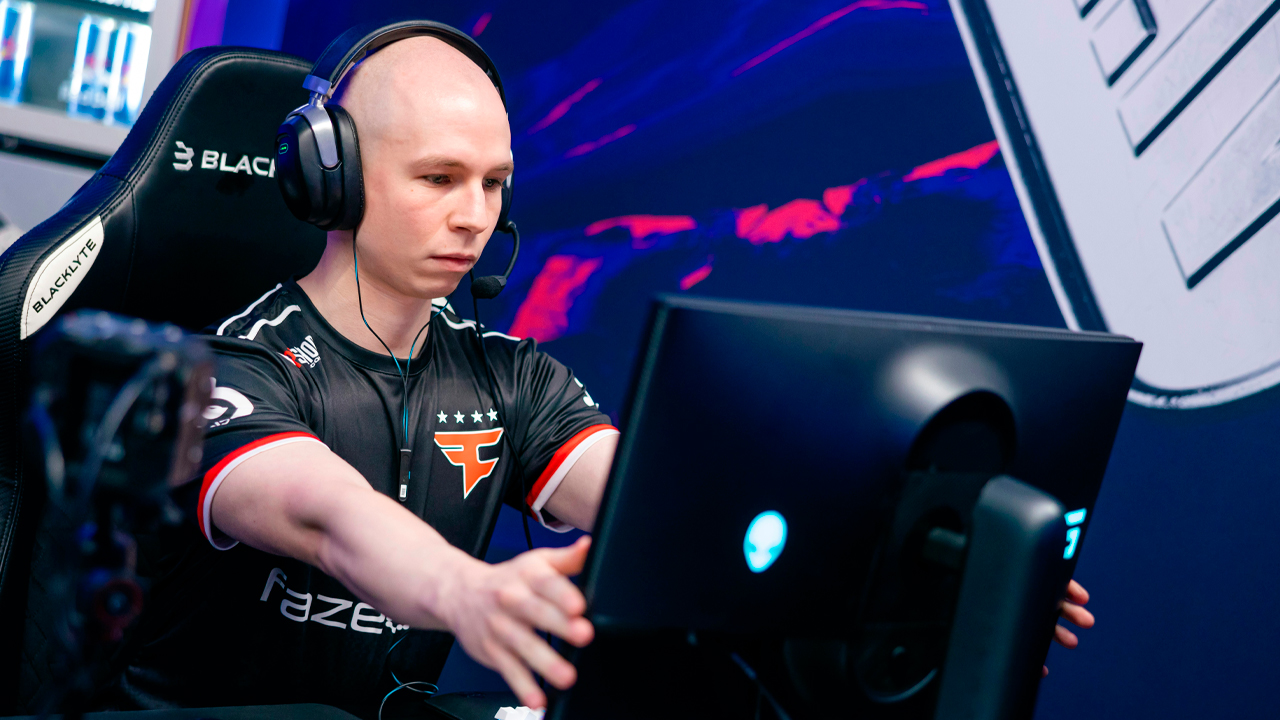
Stretching and Wrist Care
Even casual players who log hours can experience tightness or soreness in their wrists, shoulders, and neck. Spending a few minutes before and after sessions on simple stretches can make your gaming sessions more comfortable and sustainable. Wrist circles, finger stretches, shoulder rolls, and neck mobility exercises are easy to fit into your routine. For guidance, this short wrist exercise routine on YouTube demonstrates stretches that are simple and effective for anyone who spends time at a desk.
Fitness for Gamers
You don’t need to train like a professional athlete, but light cardio or stretching exercises help your body handle long sessions without discomfort. Cardio improves alertness and reduces fatigue, while light strength works for the shoulders and back supports posture. Even a short daily walk or a few minutes of movement between games can help you return refreshed and ready for the next match.
Sleep, Nutrition, and Hydration
Sleep is essential. Getting seven to eight hours regularly improves reaction times, decision-making, and overall energy. Hydration matters too. While energy drinks can give a temporary boost, relying on them too often can leave you feeling drained. Lately, I’ve noticed that many performance coaches traveling with pro teams make sure players have electrolyte drinks handy during tournaments. For casual players, keeping water or an electrolyte drink nearby during long sessions can help you maintain focus and avoid fatigue. Pair proper hydration with balanced meals, and you’ll feel noticeably sharper even during long grind sessions.
Mental Routines
Pre-Match Warm-Up
Even casual players benefit from a short warm-up. A few minutes of aim practice, simple utility drills, or a brief mental ritual like focused breathing or a favorite song can help you get into the right mindset before jumping into matches. It signals to your brain that it’s time to focus and sets you up for a more consistent performance.
Focus and Flow
Distractions can easily break your concentration. Try creating dedicated blocks of play where you minimize interruptions, mute notifications, and focus on process over results. This makes it easier to enter a flow-state where your reactions, decision-making, and focus all feel sharper. Even casual players notice the difference when they set aside dedicated time for focused play rather than hopping in randomly.
Handling Frustration
Everyone loses rounds or has bad games. The key is to recover quickly and not let frustration snowball. Take short breaks, stretch, or reset your focus with a breathing exercise. A quick mental reset keeps your next round sharper and prevents long sessions from feeling exhausting.
Building Confidence
Confidence comes from preparation and noticing your progress. Keep track of improvements, note what you did well in past matches, and focus on repeating those actions. Recognizing small wins makes long sessions more enjoyable and helps maintain motivation.
Small Habits That Make a Difference
Little habits add up over time. Warming your hands, taking short mental breaks, or noting a quick improvement after each session may seem minor, but they help you play longer while staying sharp. Consistency in these small routines supports endurance and keeps gameplay enjoyable.
A Routine to Sustain Longer Sessions
A simple daily routine can help you get the most out of long play sessions. Start with five minutes of wrist, shoulder, and neck stretches. Move into a focused warm-up with aim practice and a few utility drills, adding a short mental cue like a song or breathing exercise to get into the right mindset. Play in blocks of one to two hours, taking short breaks in between to stretch, walk, and hydrate. After each block, jot down a note of one success, one area to improve, and one focus for your next session.
For a concrete warm-up, try five minutes of wrist and shoulder mobility, ten minutes of reflex-focused deathmatch, ten minutes of controlled aim drills like tracking bots, and ten minutes practicing two or three utility line-ups on your main maps. Finish with a couple of minutes of breathing or mental focus before starting your first play block. Following this structure helps maintain energy, focus, and comfort for longer sessions.
Closing Thoughts
Aim matters, but it’s not everything. Players who perform consistently over long sessions are the ones who maintain their bodies and minds. Apex is a prime example of someone who takes care of his body to ensure maximum performance, from mobility to hydration to recovery routines. For casual players, adopting simple habits to stay comfortable and focused makes long sessions more enjoyable and effective. Treat practice like preparation, and you’ll notice steadier performance even during extended gaming sessions.
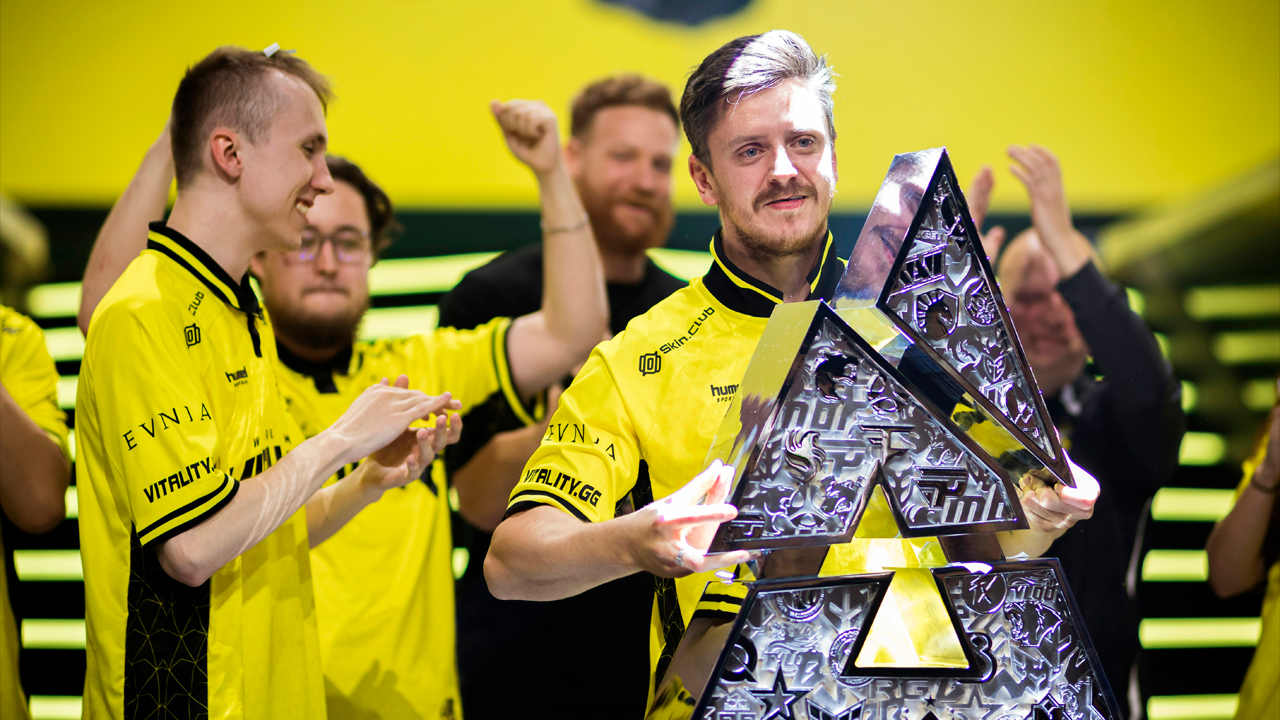
With small, consistent investments in posture, stretching, hydration, and mental focus, you can play longer, stay sharp, and enjoy every round.






























